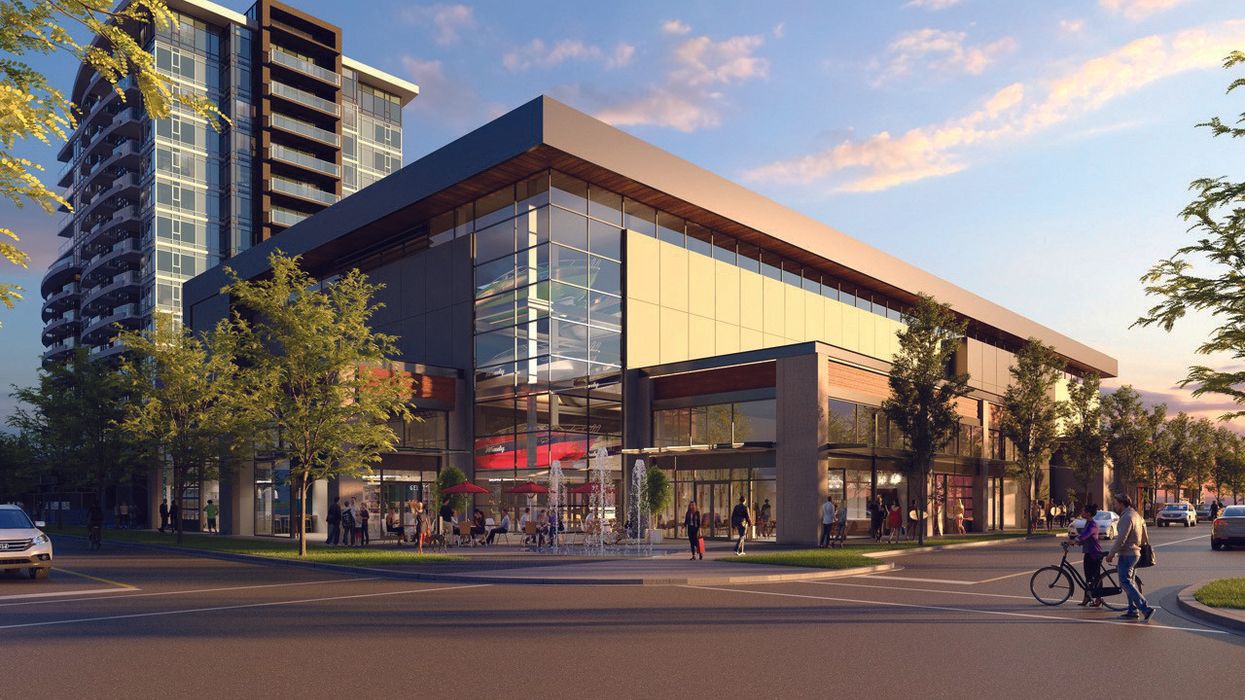Kelowna’s once thriving short-term rental market is taking a beating with a host of reforms recently announced by all three levels of government, which means investors and property managers are scrambling to reassess.
“It’s going to be very painful for a lot of these investors,” says Marshall McAnerney, Commercial Realtor and Principal for HM Commercial Group, one of the largest brokerages in the Okanagan. “It could be a disaster, especially if they are doing a 7% mortgage instead of a 3.5% mortgage like they thought they were going to do.”
Because the Okanagan is a vacation destination, it drew a lot of investors who could more than cover their mortgage and tax costs by booking short-term rental guests. The City created zones where short-term rentals were allowed, including eight buildings that allowed short-term rental as principal use, and another 14 that allowed it as principal use, but as permitted non-conforming. A dozen more buildings allow short-term rental as principal use for only half the year. Several short-term rental buildings were built around the lakeshore district.
Kelowna short-term hosts had to apply for business licences and those within the specified zones had been able to rent out secondary investment units.
It was a thriving business, until it wasn’t. Just when the market started to recover from the pandemic, government regulations—aimed at returning rental units to the long-term market—kicked in.
In October, the province of B.C. introduced new legislation to be enacted in phases, the most impactful being the new definition of a short-term rental, which will go from fewer than 30 days to fewer than 90 days. Short-term rental platforms such as Airbnb will have to share data and hosts will have to post business licence and registration numbers. Those who break the rules will receive hefty fines.
The new rules apply to communities with populations over 10,000. By re-defining short-term as less than 90 days, the idea was to avoid the situation in Toronto—where the city’s 28-day definition didn’t result in units being returned to the long-term market.
On Oct. 23, the city of Kelowna paused all business licence applications for new short-term rentals. They aren’t making any changes until they learn more about the new rules, which take affect in May 2024. The government said it’s already seeing an increase in long-term rental listings in Kelowna.
McAnerney has done a lot of deals in the last five or 10 years, he says, and short-term rental operators had purchased a lot of the units in the buildings.
“A lot of the buildings we sell are bigger buildings that you were allowed to Airbnb in certain areas,” he says. “They were getting a premium to sell those, because people thought, ‘we can rent it out for $500 a night instead of $2,000 a month.’ And so it’s causing some stir in that market.”
The possibility of doing short-term rental had greatly affected the value of a unit, back when investors were buying, he says.
“They were getting probably a $200,000 premium at Aqua because of that short-term rental thing. But apparently that market is has dried up anyway. Those investors are gone too.”
The province has also recently broadened its speculation and vacancy tax to include 13 more municipalities, including nearby Lake Country, Vernon, Peachland, Summerland and Penticton. This means owners will have to annually declare if their properties were left vacant for six months of the year.
And the federal government just announced that short-term rental operators in areas that prohibit that type of rental would not be able to claim expenses against short-term rental income. The feds also announced that it would be ponying up $50M to help municipalities enforce the regulations.
Some investors who had counted on lucrative short-term revenues are now selling their properties, according to reports. Others are switching to lower revenue long-term rentals; and some are moving from short-term to the medium-term rental market, according to property manager Deana Steele.
Sales have dropped off and more listings are coming onto the market as investors realize they need to change their plans. That could have an overall impact on the condo market in particular.
“I know many are concerned and there is potential for the market to be flooded with those investors or owners feeling they need to sell their units prior to the new rules taking effect,” says Okanagan realtor Richard Deacon.
Short-term rentals are getting it from all sides, says Steele, whose Keys to Kelowna Properties Inc. is entering into deals with the film industry and other work-related stays. Her clients are all investors, so the properties she rents out are not principal residences, she says. The vast majority of investors are hanging on and not yet selling.
“We have started moving into the mid-term space, which is basically 30-plus days for executive rentals. My personal portfolio is a little over 55% occupied by executives, so they will book 30-plus days, and most of them are here beyond six months.
“That market is what I’m going to focus on obviously because things are changing for my clients in the short-term space.”
She is still consulting with her lawyer as the new rules unfold, but she’s hopeful that her clients will adapt without feeling too much pain.
“The feedback I’ve been getting is everybody is pretty calm, pretty patient. I did notice a little bit of panic when the federal government made that announcement on Sunday about expenses. But we can avoid that with our mid-term rentals. It’s basically treated like a residential tenancy [agreement]. We can help them skip the speculation tax. Their expenses should be deductible as it’s currently written, and there will be a little more stability for them in this volatile market, and some flexibility to pivot if we need to.”





















